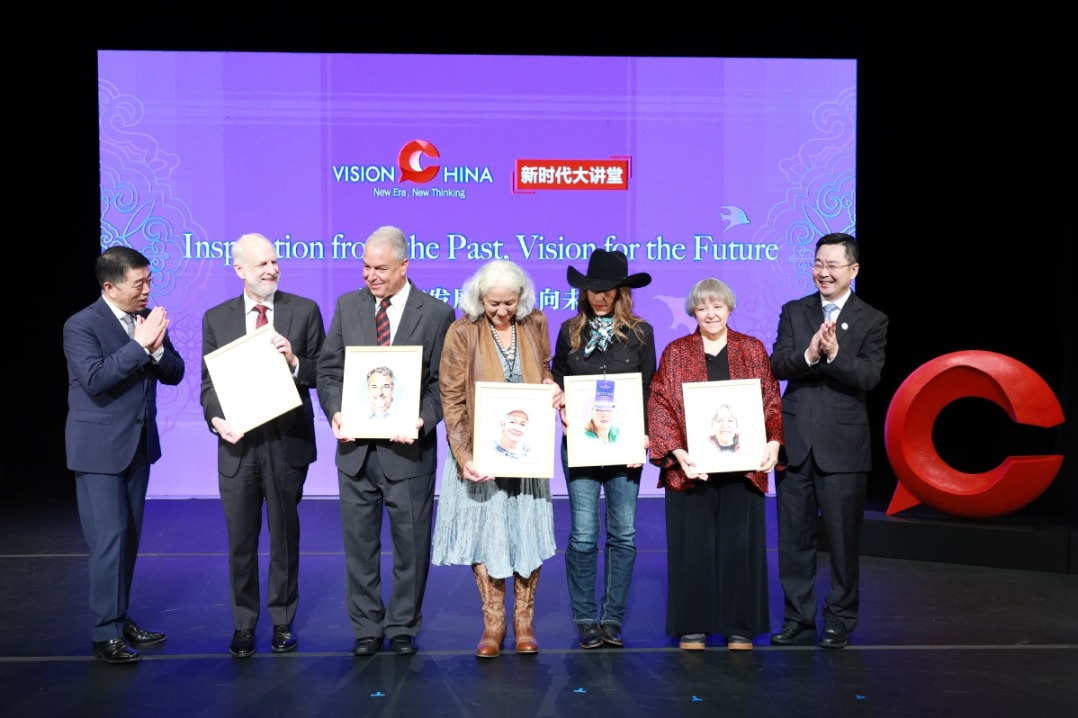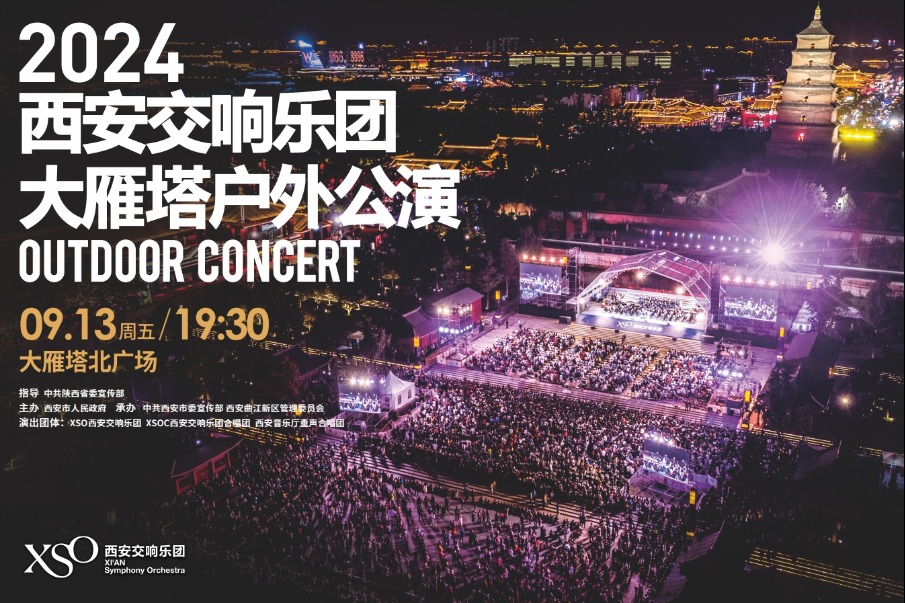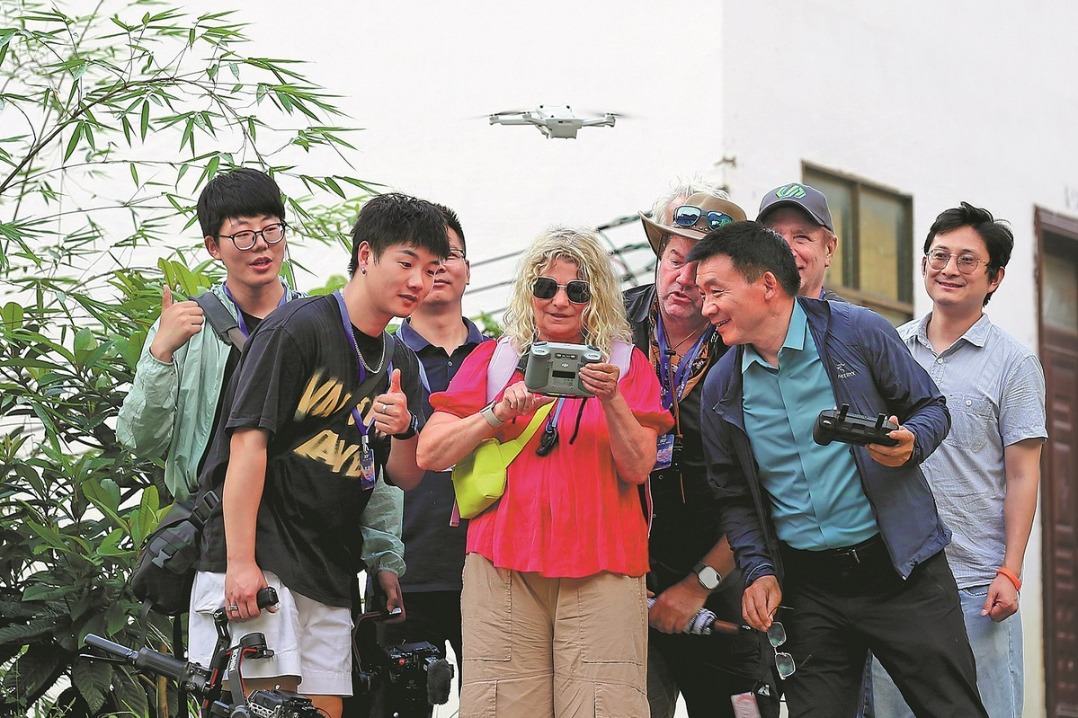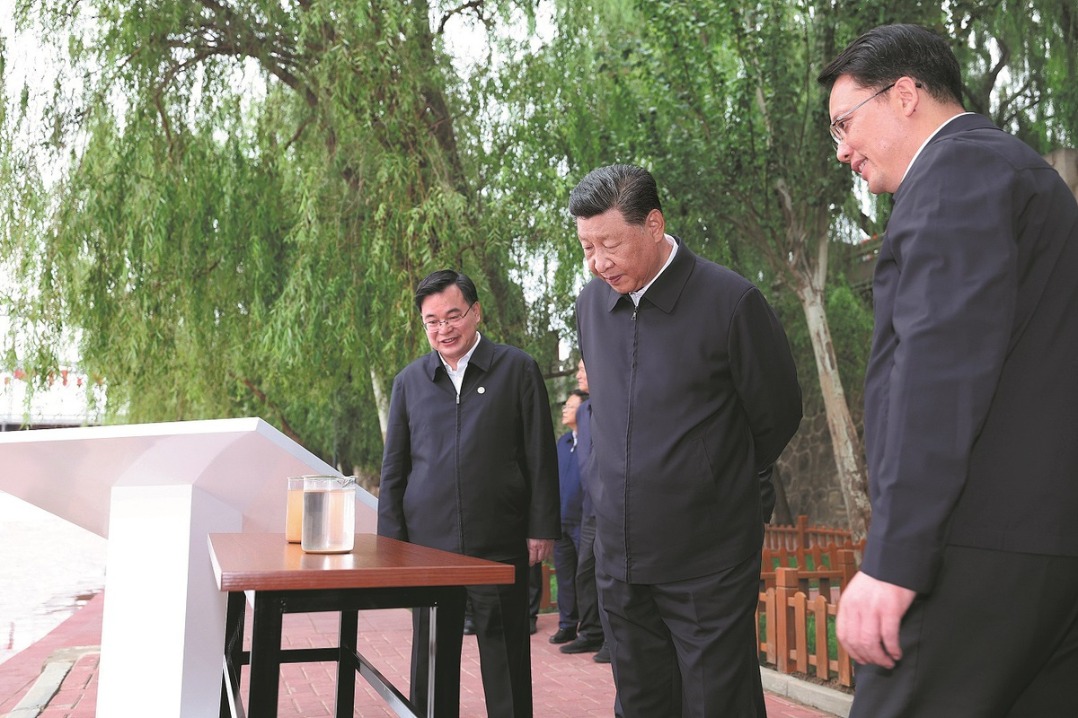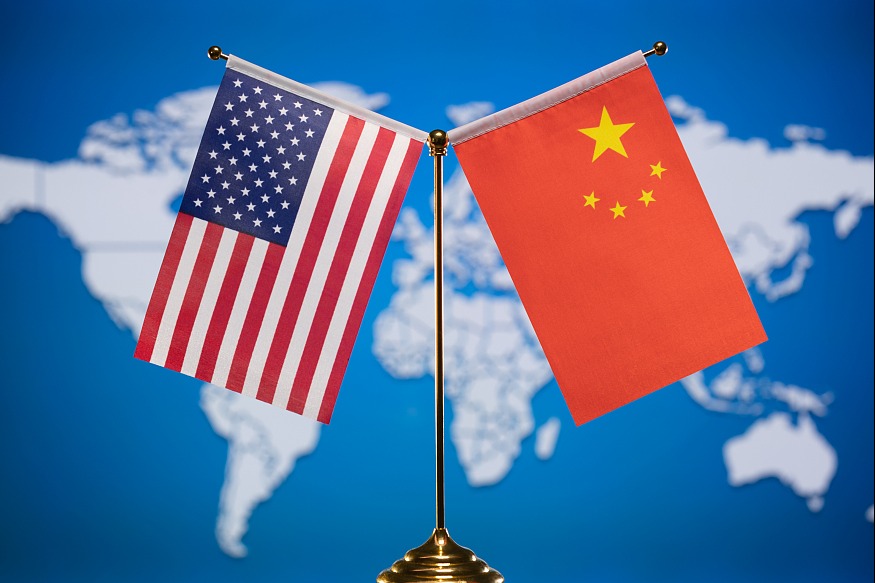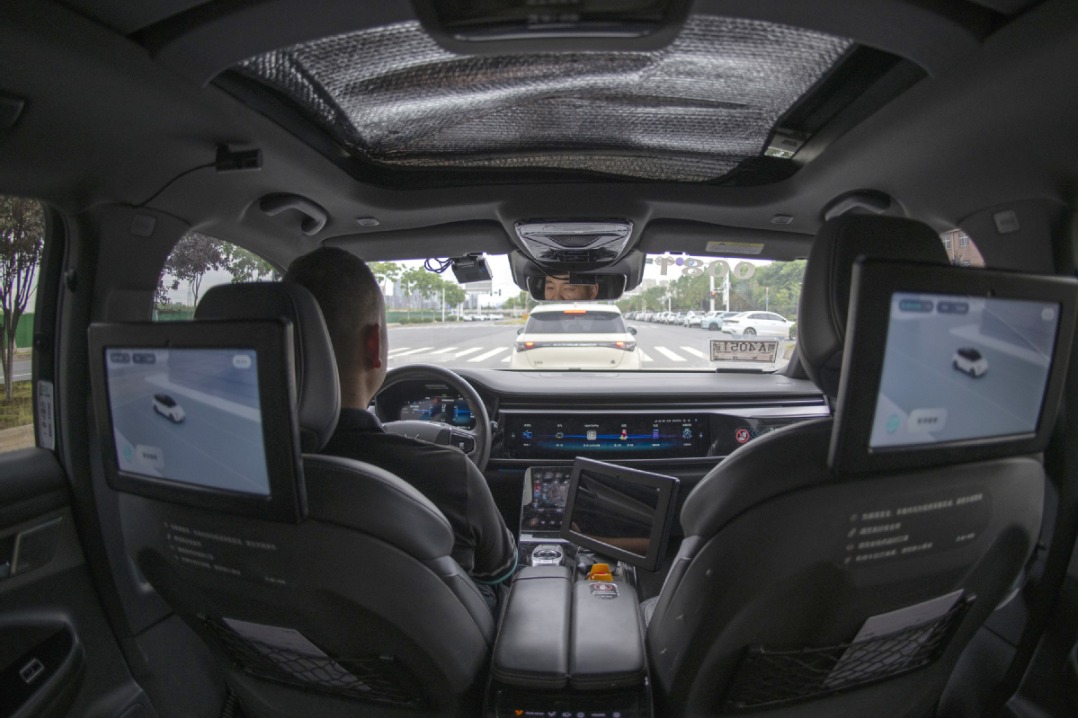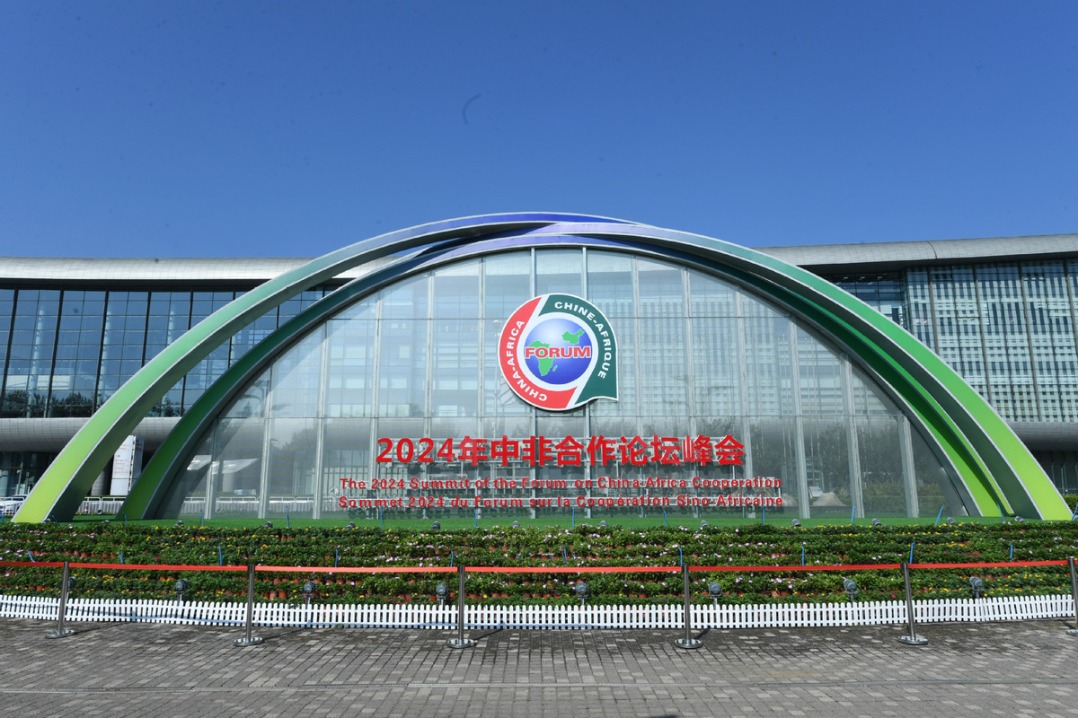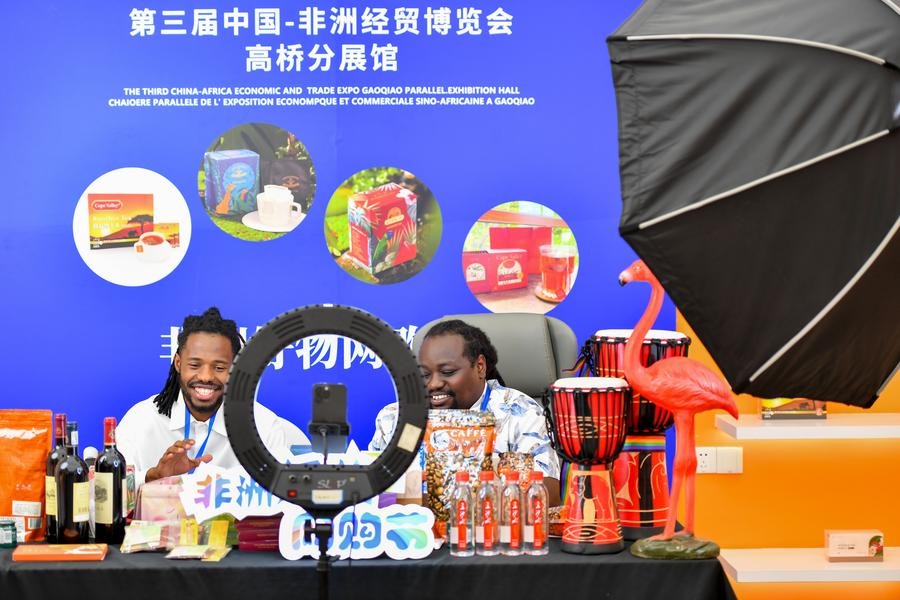Any challenge to Taiwan's status as part of China doomed to fail: China Daily editorial

As Lai Ching-te takes office as leader of the Taiwan island authorities on Monday, he and his "pro-independence" Democratic Progressive Party must give a clear answer to the question regarding their choice between peaceful development or confrontation across the Taiwan Strait.
As a spokesperson of the State Council Taiwan Affairs Office pointed out last week, promoting peace across the Taiwan Strait means opposing separatist moves, and the stronger the commitment to the one-China principle, the more peaceful and stable the cross-Strait situation will be.
Any misstep will pose a risk to cross-Strait peace and stability, and thus jeopardize the well-being of Taiwan compatriots.
Over the past eight years Lai's predecessor Tsai Ing-wen and the DPP have led Taiwan far away from the right path of peaceful development. Their reckless adherence to a "pro-independence" agenda, in collusion with outside forces, especially the United States, has dealt a heavy blow to cross-Strait relations. Under Tsai and her DPP authorities, what used to be robust cross-Strait exchanges have been brought to a standstill, and the situation in the Taiwan Strait has been increasingly fraught and pushed to near breaking point several times. Lai must close the trust deficit to bolster cross-Strait peace and stability, which have been undermined by the words and deeds of Tsai, to avoid the worst-case scenario.
The mainstream public view on the island is in favor of peace not war, development not decline, communication rather than separation, and cooperation instead of confrontation. Lai should heed this sentiment and refrain from further harming cross-Strait relations.
Lai should know the damage Tsai has done to cross-Strait relations is so big that further provocation over the one-China principle and confrontation with the Chinese mainland will only lead to disastrous consequences. Beijing's determination and resolve to realize national reunification should not be taken lightly. Opting for peace and development is the only viable path for Lai and the DPP. They should discard their "pro-independence" stance and refrain from colluding with outside forces, which have never ceased their malicious intention to contain China's peaceful rise through interfering in the Taiwan question and playing the Taiwan card.
Prior to Lai's inauguration, Washington has intensified its interference in the Taiwan question. Some US officials have blatantly challenged the authority of the United Nations General Assembly Resolution 2758 again, calling Taiwan's status "undetermined" and trumpeted calls for Taiwan's "meaningful participation" in the UN system.
As before, the US will fail in its attempts to hype up the Taiwan question in the world arena. In terms of the Taiwan question, it seems some politicians in Europe have a better understanding and a more sober mind than their US peers on the high stakes involved in constantly messing with the one-China principle. Speaking to Foreign Policy magazine last week, Josep Borrell, the European Union's foreign policy chief, said the bloc should be firm about ensuring that a military conflict does not break out over Taiwan, and that "It's one single China. It means that we are not going to recognize the statehood of Taiwan."
Those in Taiwan who still believe they can count on external intervention to separate the island from its motherland should know they have no chance of succeeding. The reunification of China is unstoppable, and any force standing in the way of reunification will only be met with Beijing's resolute and decisive countermeasures.
















